
COTY/Amazon: German Supreme Court: Does Amazon need to do more on preventing counterfeit?
18 March 2021
Introduction
In April last year, the ECJ (Court of Justice of the European Union) was requested to answer prejudicial questions on liability for platforms in the case between Coty and Amazon. Coty noticed that products marked with one of their trademarks were being sold through Amazon. The Court was asked to rule whether or not Amazon could be held liable for any damage resulting from trademark-infringing products being sold on Amazon’s platform, even though Amazon was not the seller of these infringing products. Nowadays, Amazon is starting to show similarities to platforms like eBay and AliExpress. Multiple different sellers have the option to sell their products, using Amazon’s platform. Amazon offers an additional service to sellers, the Fulfillment by Amazon (FBA) program. FBA means that sellers’ products are being stored in Amazon’s warehouse and are shipped by Amazons workers, straight to the ordering customer.
The ECJ ruled that Amazon has a ‘duty of care’. This duty contains taking preliminary measures to prevent infringing products from entering the market. However, this does not implicate that Amazon is liable as a direct interferer. The ECJ referred the case back to the German Bundesgerichtshof (Germany’s Supreme Court (BGH)). In this case the BGH applied the German legal concept of “Störer” and “Störershaftung” in its decision. This legal concept needs some further explanation in order to understand the BGH’s decision.
Störer
The legal concept of Störer is typically German but can be regarded as implementation of Art. 11 (1) of the Enforcement Directive into German law. . This term is difficult to translate. In English, Störer mostly resembles the word ‘disruptor’ or ‘disturber’. Within (intellectual) property law, a Störer can be viewed as a legal subject who is responsible for a deterioration of a person’s property in a way other than deprivation of property.
Störershaftung best translates to interference liability. Interference liability can be used for example in cases like an unauthorized upload of a copyright-infringing content on YouTube. Is YouTube to be held liable in a case like this? YouTube is responsible for the platform on which the infringing video can be uploaded, but does that imply responsibility for the content on this platform, posted by other people than themselves? In this day and age, questions like these are becoming increasingly important.
Störershaftung or interference liability does not only impact platforms like YouTube and Facebook, but also to major retail platforms like Amazon and its Dutch counterpart Bol.com. Contrary to Youtube and Facebook, Amazons’ activities are not within the scope of the safeguard clauses in the e-Commerce Directive. In the case Amazon/Coty, for which the ECJ answered prejudicial questions on behalf of the German BGH in April 2020, the ECJ and the BGH both found an obligation on the side of Amazon. This obligation is best described as a ‘duty of care’. How far this duty reaches, depends on the relevant elements of the individual case. In this case at hand, the matter was about enquiries with the Marketplace seller about the source of his products and providing production numbers of the possibly infringing products to the rightful trademark owner, Coty. The effort it would take Amazon to retrieve this kind of information from the sellers would be minimal, according to the BGH. Therefore, it concluded that it lies within the responsibility of Amazon to provide information to Coty in order to assist them in combating counterfeit.
Since this has been stated by case law, the question rises if Amazon i.e. has an obligation to prevent trademark infringing products from even entering into market through its platform. Does the duty of care reach as far as to say that Amazon needs to become more pro-active to combat counterfeit?
The ECJ ruled that Amazon would be liable if they could not trace the company for which they were storing the products. This is nothing revolutionary, and already was the situation before Amazon/Coty. When someone is keeping a product for someone else, the person keeping the product is assumed to be the owner. For example, in Dutch law, this is laid down in article 3:109 of the Dutch Civil Code. When someone is not able to prove he is not the owner, he can be held liable as if he were the owner. In IP matters this means that when Amazon would not be able to prove that it is keeping an infringing product for a third party, it is assumed to be the owner of this product and therefore Amazon would be liable as a trademark infringer if it was based in the Netherlands.
More and more third parties like Amazon have an obligation to actively pursue the battle on counterfeit. This obligation has to be proportionate . In the Coty/Amazon case it would be a fairly small effort for Amazon to provide the relevant information about the seller to Coty. Therefore, it should take measures to combat counterfeit. Lately there has been a shift in the discussion about liability of platforms like Amazon. In the US, Amazon has installed a mandatory Know Your Customer (KYC) check. This makes it harder for counterfeit-sellers to open a sellers account on Amazon. Besides action on the side of legislators and Amazon, jurisprudence shows signs of growing liability for platforms. In August 2020, a judge in California ruled that Amazon was liable for faulty products causing both physical and material damage.
Conclusion
From our point of view, this decision is a step in the right direction. Amazon’s business model is focused on processing huge amounts of orders every day, apparently not always being aware of what they are warehousing and shipping. Amazon is taking a risk, but the consequences are borne by consumers and rightful owners of trademarks. This is not how things should be in our opinion. Amazon contributes to the infringement by third parties and is operating as a game changer in the world of e-commerce. Amazon (and the Dutch similar smaller platform Bol.com) are making a fortune facilitating not only sales in genuine products by third parties but also on sales of counterfeits. They should be held accountable for that, and it all starts with making them liable. It remains to be seen whether more of these small steps instructed by the BGH will move Amazon in what we believe to be the right direction.
Authors: Janco van Kooij & Gie van den Broek
Want to know more? Please contact:

LXA Attorneys Joins Unifab’s College of Experts

Post-Brexit exhaustion of trademark rights: what you need to know!

LXA wins lawsuit against counterfeiters for Coty
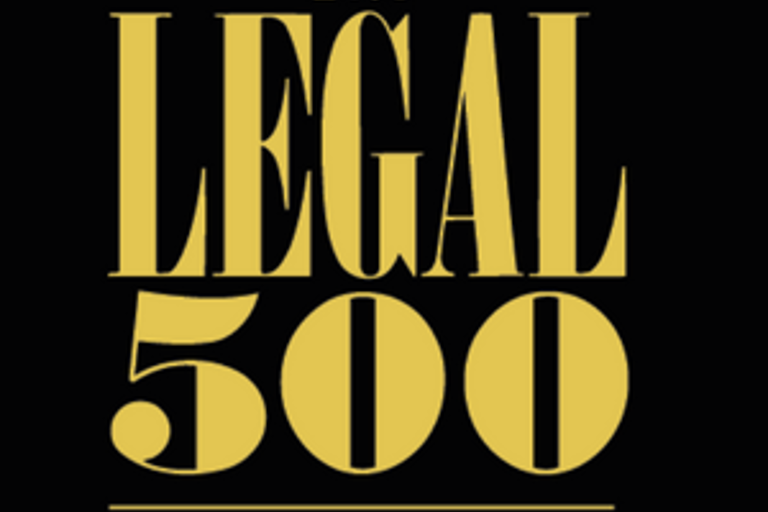
Team franchise Exclusive Contributor 2023 Legal 500
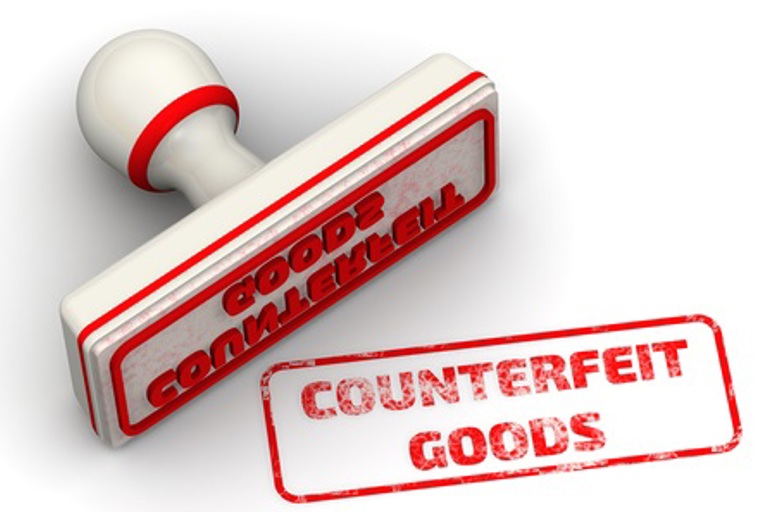
Amsterdam Criminal Court Rules Against Counterfeiters Accused of Habitual Money Laundering (1)
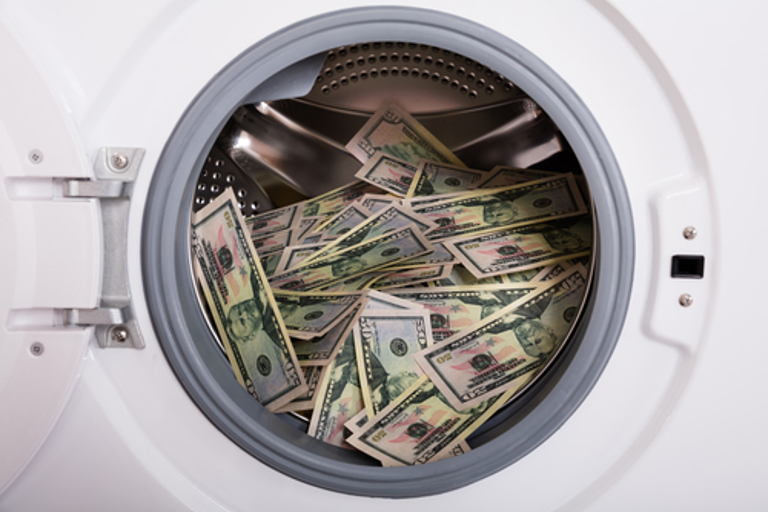
Amsterdam criminal court rules against counterfeiters accused of habitual money laundering

End of the ride: Dutch theme park intercepts counterfeit vouchers
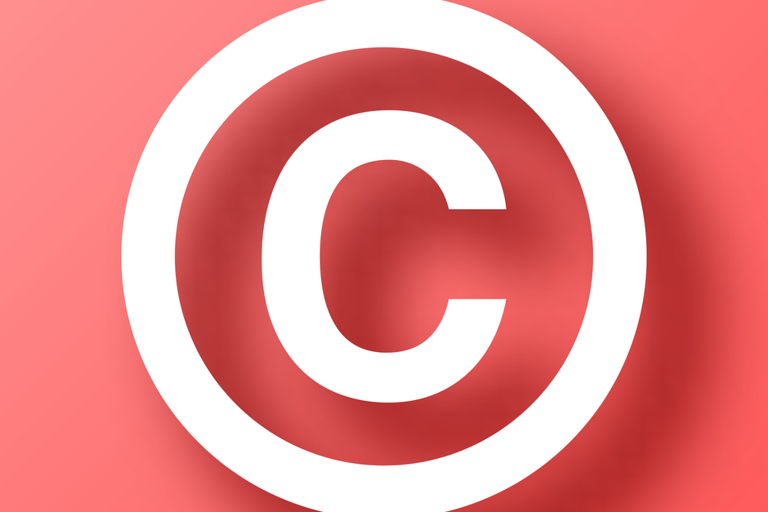
Copyright Infringement & Erotic Products: Court of Rotterdam Knows the Ropes
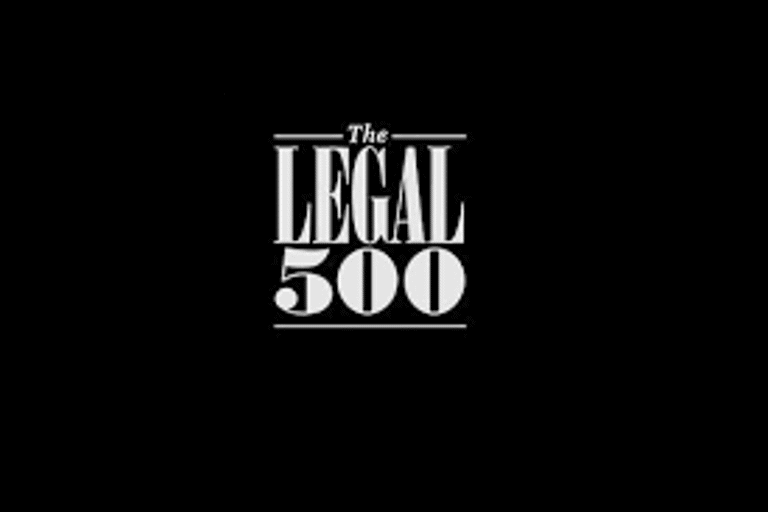
LXA enters the Legal500!

